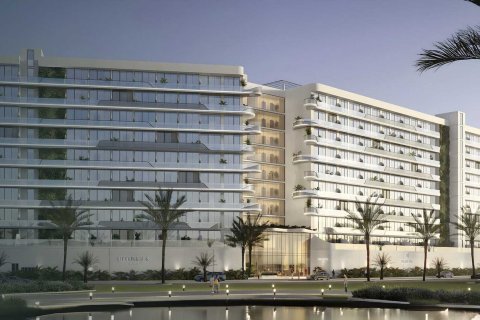
Knight Frank has released a quarterly report by Global Super-Prime Intelligence detailing findings from a study on real estate deals valued at $10 million and above. Analysis was conducted on 11 main global markets.
According to the findings, there has been a 66% surge in premium real estate transactions over the past 5 years. From April to June of this year, there were 463 transactions worth $10 million completed, which is 13 transactions less than the previous quarter. Nevertheless, the number of deals has grown by two-thirds compared to the pre-pandemic era. The numbers are expected to rise in 2025, as the interest rate decreases.
The Dubai market came in first with a total of 436 transactions completed in 2023. To provide a comparison, this figure was 23 in 2019. A total of 85 ultra-luxury properties were bought in Q2 2024, which is lower than the record value of 131 deals in Q3 2023.
New York surpassed the leader by a significant margin to secure second place with a total of 72 transactions marking a record value for the past two years. Hong Kong ranks third with 61 deals in Q2 2024, which is 41% more than in Q1 2024. The region is experiencing a rise in demand primarily from Chinese residents.
Over the last 12 months, Geneva has made 43 more transactions than in 2019. The number increased in Palm Beach to 138 from 50, and in Miami — to 149 from 41.
Results
- The premium real estate market remains steady. Total sales in the luxury segment reached $33.4 billion over the year and have remained $32-34 billion since the end of 2022.
- The pandemic has led to a better situation. Buyers are becoming more active, especially in Palm Beach, Miami and Dubai. The capital migration is the cause of the activity. Annual figures indicate a rise of $13.4 billion in June 2024 compared to 2019 data.
- The number of wealthy individuals is increasing. According to Knight Frank's Wealth Report research, there have been 19% more wealthy people since 2019. Their number in the United States grew by 8% in 2023, while it increased by 6.2% in the Middle East.












































